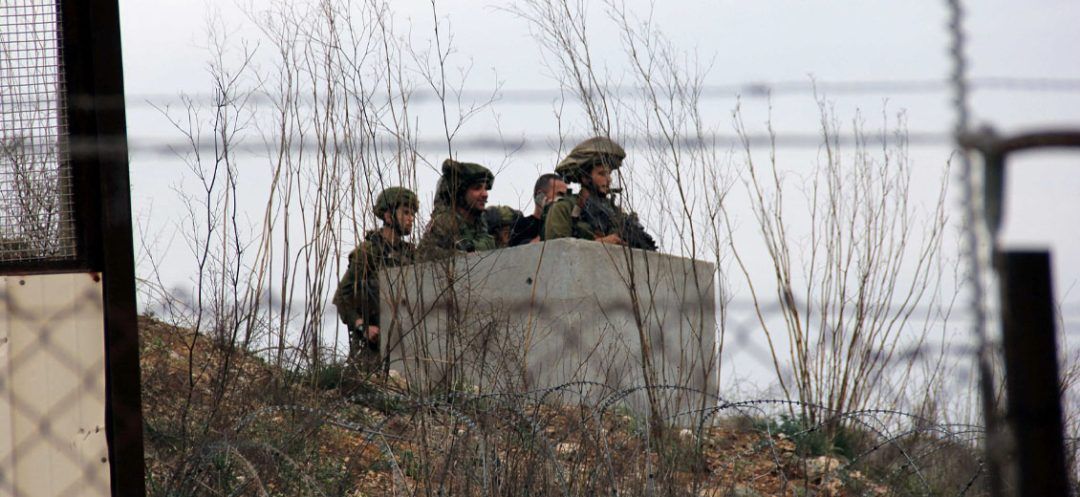
In recent days, Israel has intensified its airstrikes on Lebanon, targeting Hezbollah infrastructure. Concentrated mainly in the south and east, these bombings have killed over 800 people and left around a thousand injured, according to the latest reports from the Ministry of Health. The strikes have also displaced 90,000 civilians. As tensions escalate, the prospect of a new Israeli ground offensive in Lebanon looms. But how feasible is such an operation, and what objectives and potential consequences would it entail?
The last major Israeli ground incursion into Lebanon took place in summer 2006. Following weeks of intense airstrikes, the Israeli army crossed the border and occupied southern Lebanon for three days. The operation aimed at weakening Hezbollah’s military capabilities, which led to a temporary retreat of the armed group; however, it quickly regrouped and strengthened its forces.
Reflecting on this, Khalil Helou, a former Lebanese army general and geopolitical expert, said: “In 2006, Israel weakened Hezbollah, but that military victory was short-lived. Hezbollah has since rebuilt its arsenal and reestablished its positions.”
Is Israel Equipped to Launch a New Offensive?
From a military standpoint, there is no doubt about Israel's capability to carry out such an operation. “Israel has the capacity to launch a ground offensive,” says Helou.
“The primary objective would be to remove Hezbollah's weapons from the southern regions, particularly long-range anti-tank missiles, as well as Iranian and Russian missiles. This would also involve targeting fixed positions and Hezbollah infrastructure, such as radar installations.”
However, the former general emphasizes another strategic goal: “Emptying southern Lebanon of its Hezbollah-supporting population, as this area serves as a recruitment ground for its fighters.”
Helou identifies several potential entry points for the Israeli army: “Southern Lebanon, the Golan Heights, and the Beqaa Valley... However, it is likely that any Israeli advance would be limited to the Litani River,” he adds.
Despite this military capability, Andreas Krieg, a professor at King’s College London, tempers the speculation about an imminent incursion. “I don’t believe the Israeli army is prepared to open a third front, especially with the ongoing tensions in Gaza,” he stated. Krieg argues that Israel's air campaign primarily aims to pressure Hezbollah into negotiating a withdrawal north of the Litani River, but this strategy remains fragile as long as the conflict in Gaza continues without a clear resolution.
Such a ground offensive would not come without consequences. Helou estimates that Hezbollah could escalate its anti-Israeli guerrilla tactics, particularly through the use of long-range missiles. Furthermore, the human and economic costs would be significant for both Israel and Lebanon, which is already grappling with a multidimensional crisis and a presidential vacuum.
The International Community's Appeal
In this volatile context, French and American leaders called on Israel and Hezbollah to cease hostilities from the podium of the UN, describing the current situation as a “major risk” to global stability.
Committed to finding a solution for Lebanon, President Macron expressed concern over the humanitarian consequences of the conflict for both countries and the broader region.
The French President criticized the escalation of Israeli military operations while urging both Israel and Lebanon to uphold international obligations along the UN-established Blue Line. He emphasized the importance of a diplomatic resolution to avert a regional crisis, particularly through negotiations for a proposed 21-day temporary ceasefire, advocated by France and the United States.
Despite these diplomatic efforts, the prospects for peace remain grim. Hezbollah has conditioned its cessation of hostilities on a ceasefire in Gaza, while Israel remains determined to dismantle Hamas's military infrastructure.
Read more



Comments